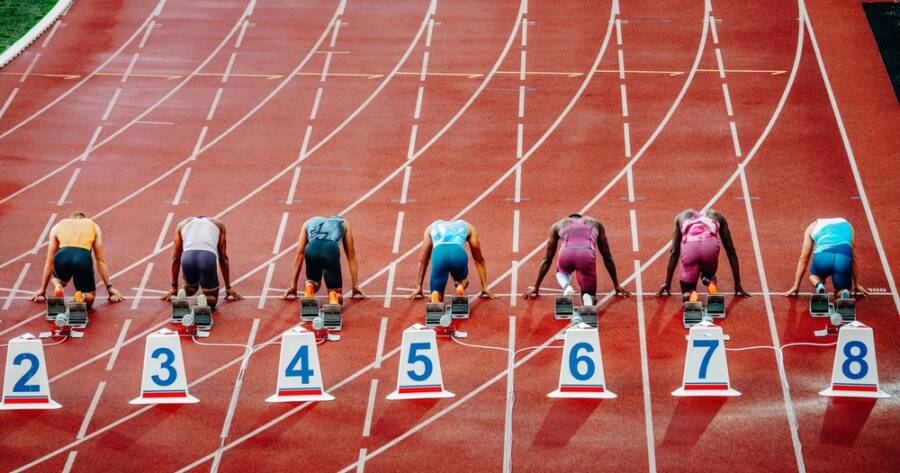The path to the Olympic Games is marked by extraordinary dedication, years of training, and a relentless pursuit of excellence. For athletes across the world, stepping onto the Olympic stage represents the ultimate reward for sacrifice and perseverance. Every competitor’s journey is shaped not only by physical preparation but also by navigating the rules, qualifications, and support systems that make participation possible. From local competitions to international recognition, the transformation from athlete to Olympian is nothing short of remarkable.
The Role of Determination and Training
Becoming an Olympian begins long before the Games themselves. Athletes devote years to refining their skills, often starting from childhood and dedicating countless hours to practice. The intensity of their training is designed not only to build strength and technique but also to develop the mental resilience needed to handle pressure on the world stage.
Behind the scenes, routines are grueling and schedules are unrelenting. Early mornings, strict nutrition plans, and recovery protocols become part of daily life. This consistency is crucial, as competing against the world’s best requires being at peak performance at just the right time. Without the foundation of discipline and persistence, reaching the Olympics would remain only a dream.
Navigating Rules and Qualifications
An athlete’s personal effort is only one part of the equation. To be eligible for the Olympics, athletes must comply with the Olympic Charter and follow the rules of their sport’s International Federation (IF). Each federation establishes qualification standards, oversees competitions, and ensures fairness across global events.
National Olympic Committees (NOCs) also play a critical role. They are responsible for supporting athletes, guiding them through the qualification process, and ultimately entering them into the Games. Whether it’s track and field, gymnastics, or swimming, every sport has unique benchmarks that athletes must achieve before they can even hope to compete under their country’s flag.
The Importance of Age and Eligibility
One common question is whether there’s an age limit for Olympic participation. In fact, there is no universal age restriction. Eligibility depends on each International Federation’s rules, which set minimum or maximum age requirements based on the demands of the sport. For instance, gymnastics may require younger competitors, while equestrian events often feature older, more experienced athletes.
This flexibility ensures that athletes of varying stages in life have a chance to participate. From teenage prodigies to seasoned veterans, the Games showcase an incredible diversity of ages and backgrounds. The key factor is not age itself but meeting the standards and expectations of the respective sport’s governing body.
Support Systems Behind the Athletes
No Olympian succeeds alone. Coaches, trainers, medical staff, and sports psychologists form an essential support network. Their combined expertise helps athletes fine-tune performance, maintain health, and stay mentally strong throughout the rigorous journey. Families and communities also provide encouragement that fuels motivation during challenging times.
On a larger scale, National Olympic Committees and sports organizations invest in resources, facilities, and financial support. This backing allows athletes to focus fully on their goals without being distracted by logistical concerns. The collaborative effort ensures that when athletes step into the Olympic arena, they are prepared to give their best.
Representing Nations on the World Stage
The Olympics are not contested by countries themselves but by athletes representing their National Olympic Committees. Each competitor carries not just their personal ambition but also the pride of their community and nation.
This representation adds a deeper meaning to the Games. Athletes become symbols of resilience, dedication, and hope for millions watching around the world. Whether they return home with medals or not, the honor of standing on the Olympic stage is itself a profound achievement, reflecting years of sacrifice and perseverance.
A Journey Defined by Legacy
The transformation from athlete to Olympian is not measured solely by medals but by the journey itself. Every competitor’s path reflects discipline, ambition, and the support of countless people who helped them along the way. The Olympics remind us that greatness is born not just from talent but also from resilience and commitment. For athletes, the Games mark the culmination of a lifelong pursuit, creating a legacy that inspires future generations to chase their own dreams with the same determination.
